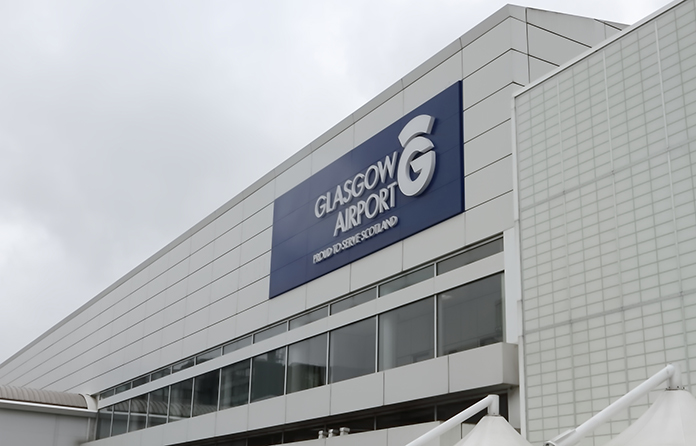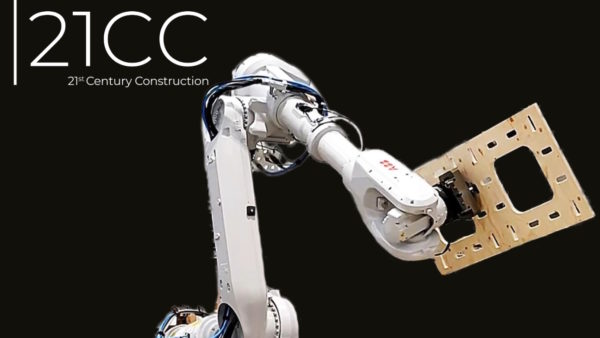
‘Digitisation allows airports to plan and react better to their changing built environment through automated communication, real-time data on project performance and up-to-date asset information for engineers.’ Gordon Bain
Digital technology will be central to Glasgow Airport’s 2040 development masterplan, and head of capital Gordon Bain says this will drive improvements in construction productivity.
Construction industry professionals face myriad exciting challenges moving into the 2020s.
How do we respond to the pressures posed by a changing climate? What can be done to offset skills shortages in management, consultancy and trades? How do we get young people excited about a career in construction?
At Glasgow Airport, we recognise that we need to play our part in addressing these challenges and we believe a big part of the solution is underpinned by a move towards digitisation. But, at 4% of global GDP, construction is still lagging behind other key industries – including hospitality, transportation and utilities – on both digitisation and productivity.
Glasgow Airport spends around £25m a year on improving its assets and last year built a new international pier to bring the first scheduled A380 flight to Scotland. Later this year, we will launch our masterplan for public consultation which will set out our proposed development plans up to 2040. Digital technology will play a key role in delivery of this programme.
Airports tend to run a diverse capital investment portfolio year-round. From resurfacing runways to building new retail units what we do tends to encompass a broad range of construction technology. This means that over a relatively small footprint there can be a huge amount of activity.
Digitisation allows airports to plan and react better to their changing built environment through automated communication, real-time data on project performance and up-to-date asset information for engineers.
We are in the process of developing a digital portfolio and programme management toolset that will enable us to track project performance and KPIs in real time and improve interfaces with the business.
This will allow us to reduce feedback loop delays between what is happening on site and the key decisions that need to be made by the business to ensure the smooth delivery of projects.
By bringing the right datasets together we can understand how to deploy our resources more effectively to achieve better value from the use of sustainable products, promoting a circular economy across projects by reuse of materials and improving productivity by analysing output on key activities through intelligent KPIs with framework partners.

Image: Dreamstime.com
Working more collaboratively with designers, main contractors and subcontractors, using a common data environment and digital communication, will allow us to address the challenges that working with a multi-party, multi-organisation team presents.
This includes speedier design comments and approvals, improved buildability, real-time technical queries on the right drawing revisions and faster defect resolution providing better programme certainty, cost and quality control.
Widening the perspective of our supply chain by facilitating longer-term strategic partnerships with key contractors and consultants will also give us the scope to look at training in the specialist skills required to deliver key infrastructure asset projects and support growth in careers in construction nationwide.
In future we see technology and collaboration forming a core part of how we deliver projects by enabling early conversations about bespoke prefabrication projects, modern methods of construction and augmented and virtual reality.
Airports are complex buildings and they are constantly under reinvention to provide the best possible service to passengers. We need to move with the times to ensure that we have the best information about the infrastructure developed over the life of the infrastructure.
The construction industry needs more people and organisations that can promote a shift towards a digital future and, at Glasgow Airport, our aim is to provide a platform to deliver that vision.















